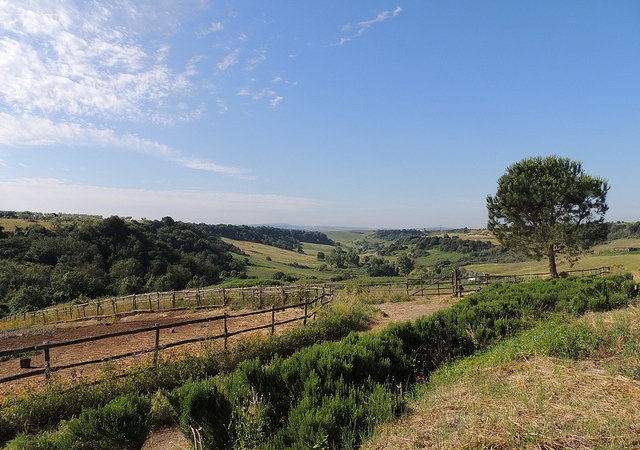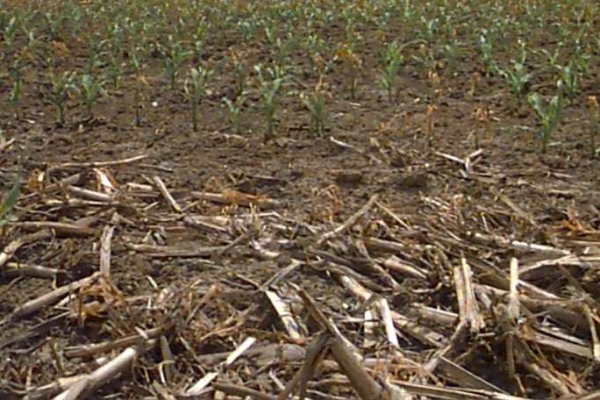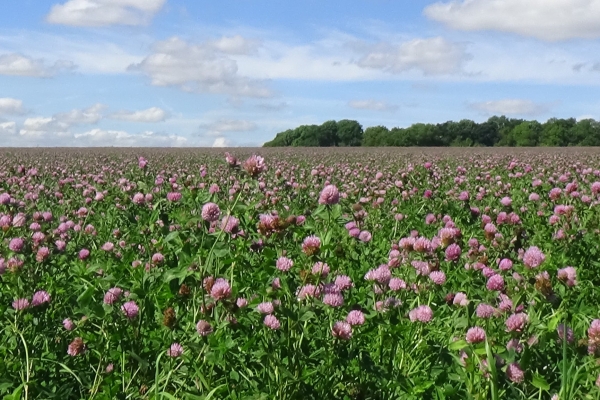What is Conservation Agriculture?
Resource explained
This webpage from the European Conservation Agriculture Federation website gives a summary of Conservation Agriculture. It explains the core principles of CA as well as some related concepts. Two additional pages on the site outline the economic and environmental benefits of the approach.
Findings & recommendations
- Conservation Agriculture (CA) is a sustainable approach to agricultural production which aims to protect soil from erosion and degradation, improve its quality and biodiversity, contribute to the preservation of natural resources, water and air, whilst optimising yields.
- CA is based on three core principles: minimum soil disturbance, maintenance of permanent soil cover and use of crop rotations with a diversity of crop species.
- Related concepts include no tillage and groundcovers as a way of minimising soil disturbance.
- Economic benefits of the approach include labour and fuel saving in perennial crops, cost-savings in annual crops, increase of yields, reduction of run-off and erosion which contribute to increased agricultural production costs.
- Environmental benefits include: improvement of soil properties, increase of biodiversity, less erosion, less CO2 emissions, increased carbon sequestration, less contamination of downstream water, reduction of floods and landslides.
Related articles
Cornell University explains the key principles of Conservation Agriculture.
This project investigated the viability of transferring agroecological practices more widely across UK agriculture and produced factsheets for dissemination and engagement across a wide community...
DiverIMPACTS case studies across Europe highlight why crop diversification strategies have been successful and what challenges needed to be overcome to achieve success.



